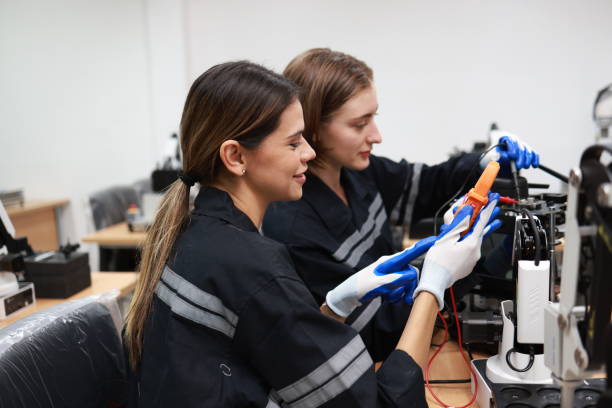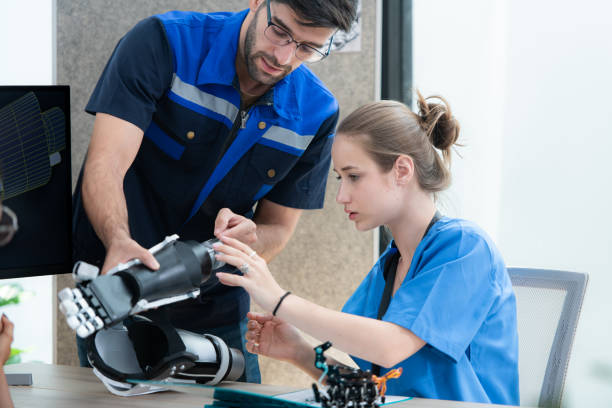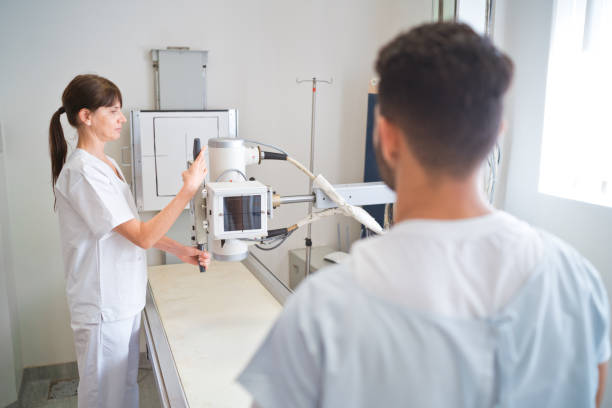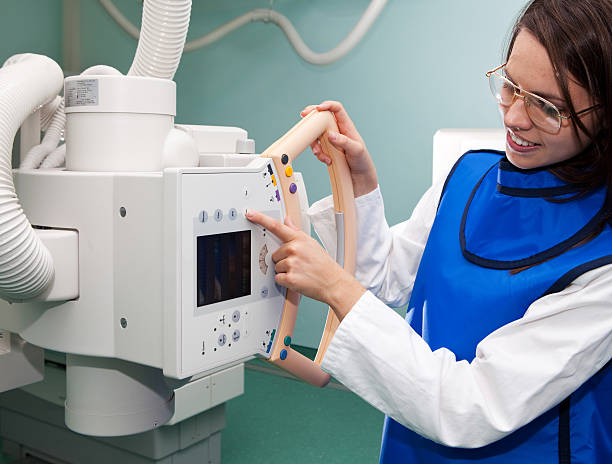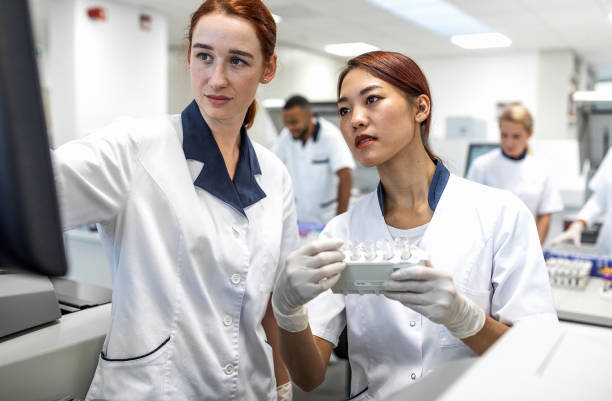What is a Medical Device Reprocessing Technician?
A Medical Device Reprocessing Technician handles the decontamination, inspection, maintenance, and sterilization of medical equipment. These professionals work with surgical tools, scopes, and other devices essential for daily operations in hospitals and other healthcare facilities.
The role of an MDRT is critical because any lapse in the reprocessing procedure can lead to serious infections, compromising patient safety.
Program Overview
The Medical Device Reprocessing Technician program typically ranges from several months to over a year, depending on whether you pursue a certificate or diploma. The curriculum provides comprehensive training in all aspects of medical device reprocessing including:
- Microbiology and Infection Control: Understanding the types and characteristics of microorganisms is crucial. This knowledge aids in effectively preventing and controlling infection.
- Cleaning and Decontamination: Learning techniques and protocols for properly cleaning and decontaminating medical devices.
- Sterilization Techniques: Mastering various methods of sterilization, understanding the principles behind them, and determining which technique is appropriate for different types of medical equipment.
- Instrumentation and Handling: Receiving detailed instruction on handling, assembling, and storing complex surgical instruments.
- Regulatory Standards and Safety Procedures: Learning about health and safety regulations, standards of practice, and quality assurance measures that ensure the safety of healthcare workers and patients.
Additionally, training programs often include hands-on training or practical internships, allowing students to apply their knowledge in real-world settings such as hospitals or dental clinics.
The Importance of Certification
While certification requirements may vary by location, earning certification as a Medical Device Reprocessing Technician can significantly enhance job prospects and credibility in the field. Certification typically involves passing additional exams and assessments that prove a technician’s competence and commitment to high standards of practice.
Career Opportunities
Moreover, graduates of a Medical Device Reprocessing Technician program can work in various settings where medical procedures are performed, including:
- Hospitals and Surgical Centers: These facilities have the highest demand for MDRTs, given the volume and frequency of surgeries.
- Dental Clinics: These locations regularly require tool and equipment reprocessing.
- Outpatient Care Facilities: This includes family practices and specialty clinics such as endoscopy centers.
- Veterinary Clinics: Similar to human medical care, these clinics need surgical and diagnostic tools reprocessed.
Furthermore, the role of an MDRT is becoming more recognized for its importance in the overall healthcare delivery system, leading to a steady demand for skilled technicians. Additionally, with advances in medical technologies and a growing emphasis on infection control, the need for competent reprocessing technicians is expected to grow.
Conclusion
Ultimately, the Medical Device Reprocessing Technician program offers a unique blend of technical education and practical skills crucial for ensuring the safety and efficiency of healthcare services. As healthcare standards continue to rise and the complexity of medical procedures increases, the role of reprocessing technicians becomes ever more vital.
For those looking for a stable and rewarding career in healthcare, this program provides an essential entry point into a field that is not only critical but also offers significant opportunities for growth and development.
Whether you are starting a new career or shifting within the healthcare industry, a MDRT program can set you on a path to making a substantial impact on public health and patient safety.
